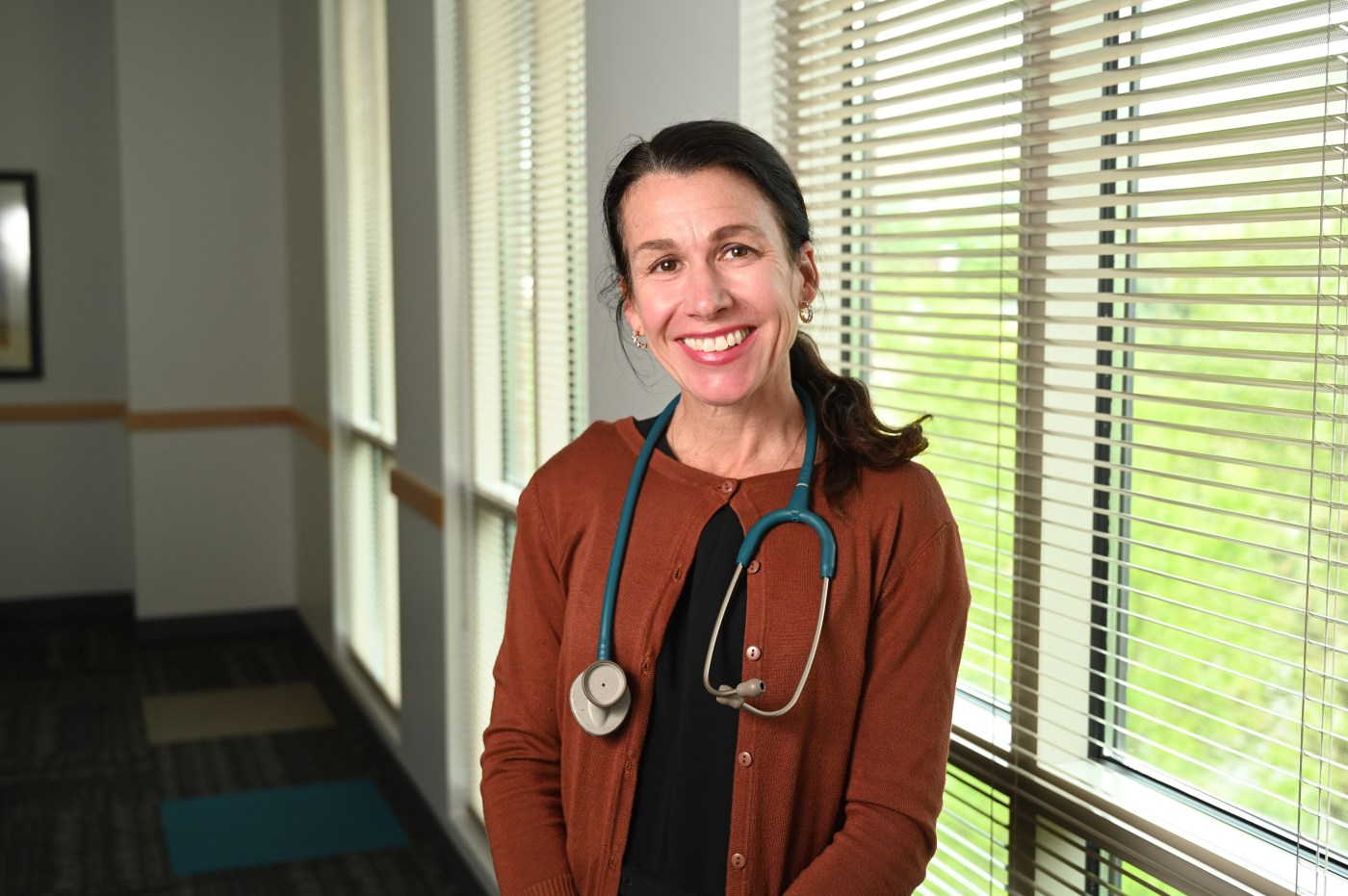Frustration set in for Dr. Tracy Frech.
A rheumatologist at the VA Salt Lake City Health Care System, she has long sought to improve care for patients with a condition called Raynaud’s phenomenon, a decrease in blood flow mostly to the fingers and toes usually because of cold, stress or emotional suffering. The most severe cases can lead to amputation.
Frech launched a telemedicine program at VA in 2011 and learned, for one, that many of her patients had suffered injuries to their fingers due to bitter cold temperatures while serving in Afghanistan. She also received complaints that some patients weren’t getting timely evaluations.
“One of the issues with Raynaud’s phenomenon is that 95% of the time, it’s okay for a delay,” she says. “Patients eventually get a rheumatologist. But in about 5% of patients, an earlier diagnosis can lead to outcomes that are substantially better, and we can save fingers. I thought to myself I wish we had the ability of getting patients in sooner using advances in telemedicine.”
VA researcher receives education, mentoring
Frech, who is also affiliated with the University of Utah, envisioned a software package that would allow a patient to upload an image of the base of the finger. The software would analyze the photo and pull the relevant data to get the patient to the right health care provider, assigning urgency to those who possibly have Raynaud’s phenomenon.
But Frech needed help in developing the concept and understanding how to get it to market so it would have value to all stakeholders, including patients, hospital administrators and physicians in primary care, surgery, infectious disease and rheumatology. She thus turned to a new program that calls for trained business advisors to provide education, mentoring and other assistance to VA researchers who are pioneering VA-funded innovations that can potentially reach the marketplace.
In Frech’s case, the VA Translational Education and Mentoring Center (VA-TEAM) has offered direction through videos, consultation and other means on refining her software so it can be approved by the U.S. Food and Drug Administration (FDA). Her product was one of 16 VA innovations accepted into phase one of VA-TEAM based on its potential to qualify for a VA technology transfer license to industry. A committee of business experts and VA representatives chose the innovations, each of which was assigned a project manager and business advisor.
`How to put your best product forward’
The chosen projects had to include VA-owned intellectual property.
Eight of the 16 projects will be tapped for phase two, which provides a much more hands-on and comprehensive experience for the researchers. Phase 2 involves weekly meetings with an advisor and work in understanding each project’s unique approach to government regulations, development, testing and implementation, among other things. The researchers also spend much time learning how to communicate the value of their inventions to a business- or investment-minded audience.
Frech has been impressed with the guidance provided by VA-TEAM.
“The real strength in the program is not just in the videos,” she says. “They meet with you every week to talk about where you’re at with the product, how you can develop it further, how to reach more stakeholders and how your interviews are going. The amount of investment they put in to make sure that you do a really good job at getting a product that is exciting to the people you’re pitching it to is commendable. They also walk you through all of the paperwork. Presentations explain patents and therapeutics and how you get things to market. Not only is it what I would say an educational program. It really determines how to put your best product forward.”
More Information
Click here to read the full story.
Click here to learn more about VA research.
Topics in this story
More Stories
In a new series that highlights advancements in VA health care, VA researchers and clinicians are appearing on a Veteran-themed media platform—Wreaths Across America Radio—to tout their critical work.
Recently published findings from the VA Disrupted Care National Project [...]
Diverse representation of women in health care research allows MVP to make discoveries for women’s health






